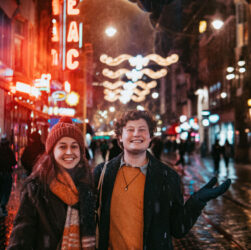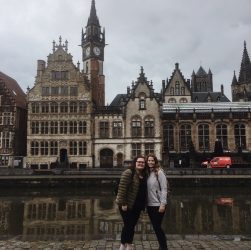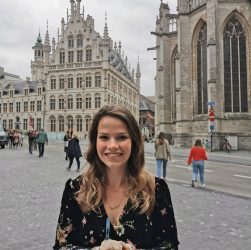Karl Voigt BEng Electric and Electronic Semester Exchange in the Second Semester, 2023 at University of Antwerpen Pre-departure: …


Karl Voigt BEng Electric and Electronic Semester Exchange in the Second Semester, 2023 at University of Antwerpen Pre-departure: …

Pre-departure: The time leading up to my exchange certainly can be described as a stretching but beautiful process. Going on …

Pre-departure: Leuven, Belgium. My home for 5 months. 13 434km away. What an exciting yet daunting thought! In the time leading …